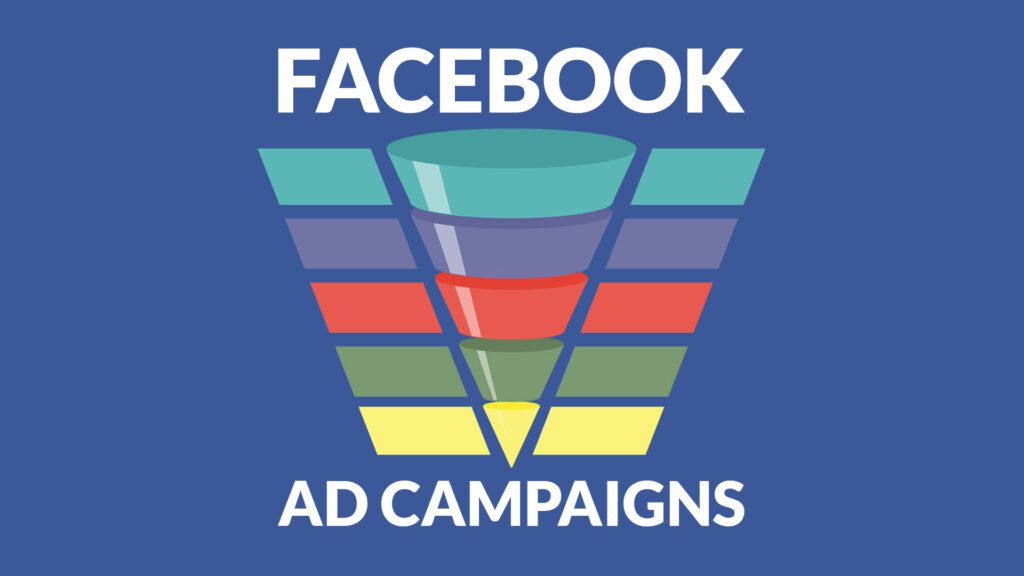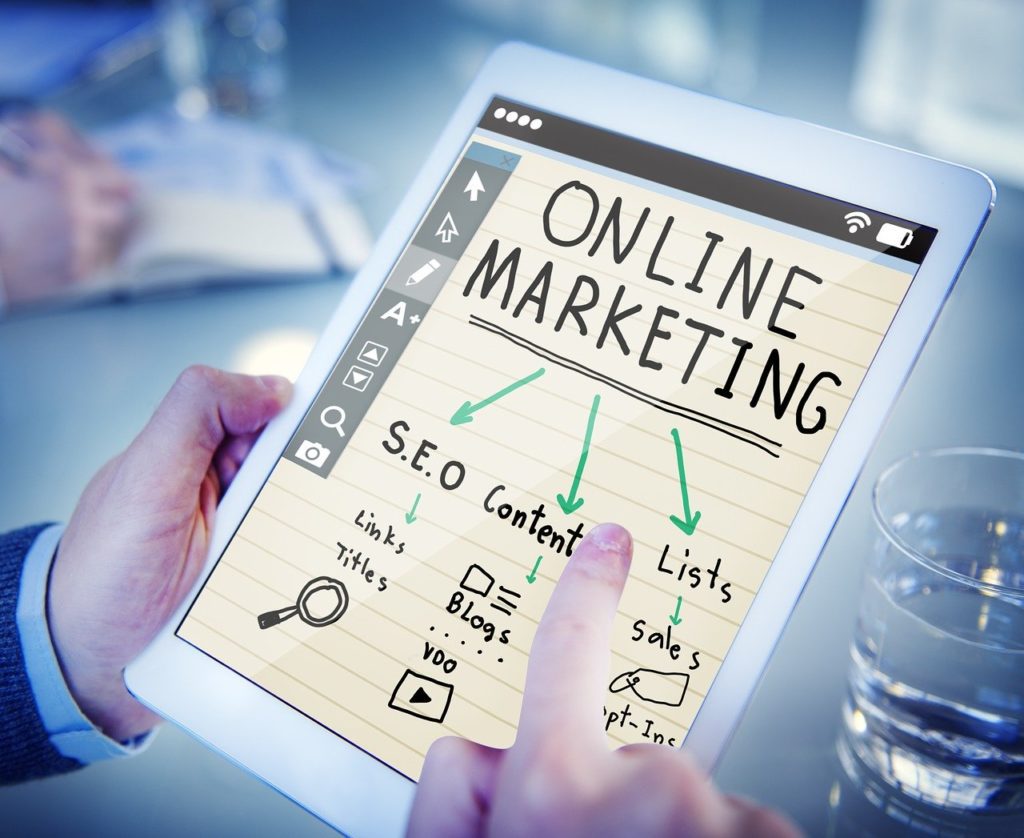When it comes to running Facebook Ads, it’s important to first decide on your business goals. In order to sell a product or service to a customer or client, they must know, like, and trust you. Facebook has three categories of campaigns that help move prospects along this customer journey: Awareness, Consideration, and Conversion.
Each of these categories has various objectives that focus on bringing your customer one step closer to a sale. So without further ado, here is a breakdown of campaign objectives by their categories and how you can use them for your business.
If interested in learning how to use Facebook Ads, schedule a Training with me!
Awareness
This category is quite self-explanatory however, just to be sure let me explain. As mentioned before, in order to sell a product or service to a customer or client, they must know, like, and trust you. This category is focused on the ‘know’ part.
When building awareness of your business, the idea is to focus on what makes your business valuable. This is also known as your USP, or unique selling proposition.
This category has two objectives: Brand Awareness and Reach.
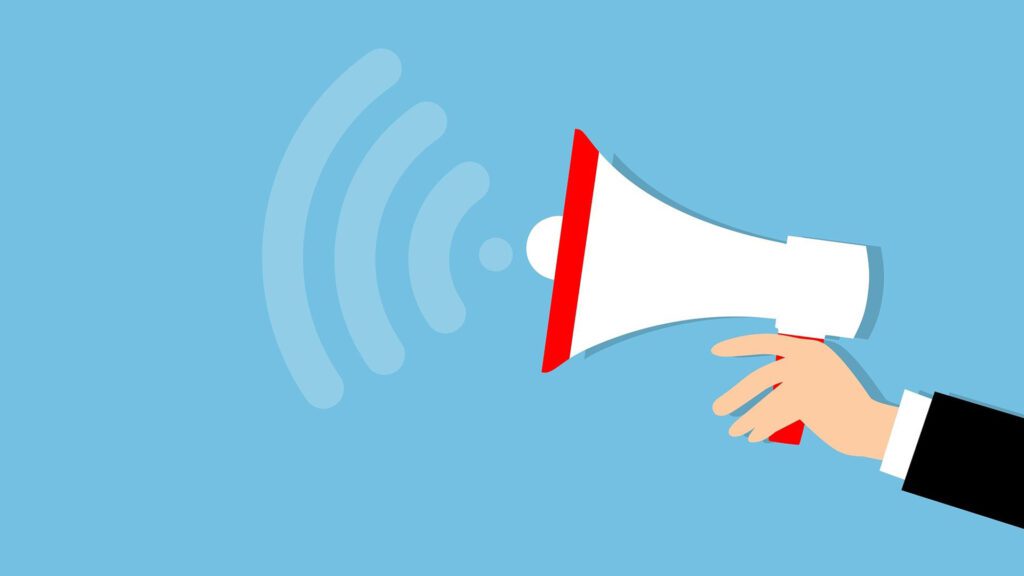

Brand Awareness
What It Does
The objective of a ‘Brand Awareness’ campaign is to show your ads to people who are most likely to remember them. This is typically done through reach and repetition. Meaning, the ads from this campaign will first start by being shown to many people once. Then, it will follow up with these viewers again to reinforce the brand image.
Why You Should Use It
If your goal is to increase people’s awareness of your business, brand, or service, then this is the objective for you. These ads are typically inexpensive and are great at accomplishing the first step for a new customer… getting to know you.
Reach
What It Does
This campaign objective focuses on showing your ads to the maximum number of people. There are two metrics you should understand: impressions and reach. Impressions are the number of times your ad appears on screen. Reach is the number of people who have seen your ad. This objective type focuses on the latter.
Why You Should Use It
When you are unsure of who your target demographic is, reach is a great campaign for getting as many eyes on your business as possible. This method is like casting a large net and seeing what turns up.
If you already know your target audience, then this objective will help show your ad to as many people as possible in that demographic.
If interested in learning how to use Facebook Ads, schedule a Training with me!
Consideration
As people become aware of your business it’s time to begin building consideration. Keeping it in simple terms, they have to like you. This objective focuses on encouraging people to seek more information on your business.
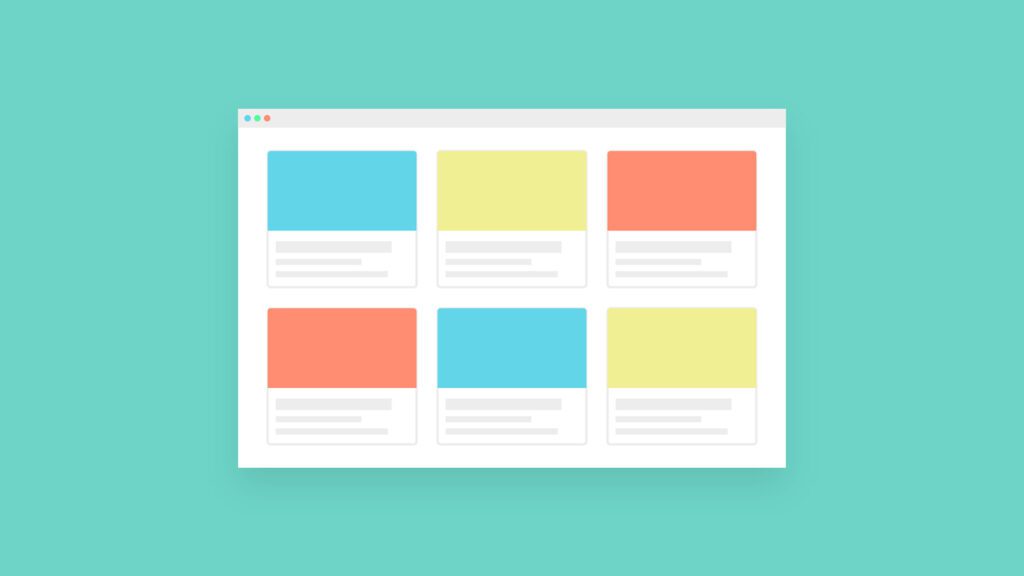

Traffic
What It Does
Traffic is a keyword often used in reference to website traffic. Small business owners know it’s good, but not always why. Generally speaking, website traffic is good for SEO purposes, but in this case, the focus is consideration. Meaning, the goal is to leave an impression on your prospect.
This campaign objective allows you to send people to any URL. This includes such as your website (e.g., a landing page, blog article, about section, etc.), an app, a Facebook event, or even a Messenger conversation. Doing so gives you the opportunity to share your story and unique offerings.
Why You Should Use It
As mentioned above, website traffic can improve Search Engine Optimization or SEO. It can also help in lead capturing via contact forms, lead magnets, or tracking via the Facebook Pixel.
Additionally, it allows you to share more information with your prospects. It’s important to have valuable information on the other end of the URL to ensure your audience likes you.
Engagement
What It Does
Rather than pushing Facebook users off-site, the Engagement objective gets more Page likes for your brand/business Page, event responses, or post reacts, comments, or shares.
Additionally, you can promote offers using this
Why You Should Use It
When looking for what content your target market enjoys viewing, this is a great objective. You can use it to run “dark posts”—content that doesn’t display in your feed but is still seen by users. By filtering out good content from the bad, you can improve your content marketing and organic traffic.
Additionally, when a Facebook user likes your post, you can invite them to like your Page. This allows for retargeting in the future as well as improving the accuracy of your targeting.
App Installs
This one—we’ll keep simple. The goal is to send people to a download page and these ads will target those most likely to download and engage with your app.
Video Views
What It Does
Video Views campaigns are highly similar to the Reach campaign objective with a focus on showing people video ads who are most likely to watch them. This objective is under the category of Consideration because viewers who take the time to watch a certain length of video have higher consideration than for simple photo posts.
Why You Should Use It
When it comes to campaign objectives, Video Views is one of the best options available. Those who take the time to watch a video for 30 seconds or more are much warmer prospects.
The biggest benefit to running these campaigns is that they are inexpensive and create an excellent opportunity for retargeting. This can be done for video views at various stages such as 3s views, ThruPlays (15s or more), 10s views, 25%, 50%, 75%, and 95% view rates. Each offer varying levels of commitment or interest.
Lead Generation
What It Does
The Lead Generation objective is unique and relatively new. These ads collect leads for your business. You can either use a Facebook generated lead form or direct them to a lead collector on a separate site.
The Facebook Lead Form allows you to create forms using both auto-populated forms and custom questions. The auto-populated inputs use information directly from Facebook. This decreases friction with users, but can lead to false entries. So use wisely.
Why You Should Use It
This objective type should be used for those looking to get direct access to your audience. Having Facebook Page likes and Instagram followers is great, but direct access to customers is always better.
This also helps begin the qualification stage for prospects. Using appropriate questions, you can determine whether a lead is market qualified, sales qualified, or unqualified. You can also take the opportunity to learn more about your audience to better serve their needs.
Messages
What It Does
This campaign type shows people ads that allow them to message you directly through Facebook Messenger, WhatsApp, or Instagram Direct. These ads can be photos, videos, or carousel, the objective is simply to convince the user to message your business.
Why You Should Use It
Looking to get in contact with your audience quickly? This is an excellent option. Prospects are most primed for conversion immediately upon engaging with your ad. Clicking the Call-to-Action is the prospects first “yes” and each consecutive “yes” makes it easier to close.
If you have the resources to react quickly, this can be a great option for moving quickly with your prospects—bringing them from lead to customer.
Conversion
This campaign category is used to encourage people who are interested in your business to buy or use your product or service.
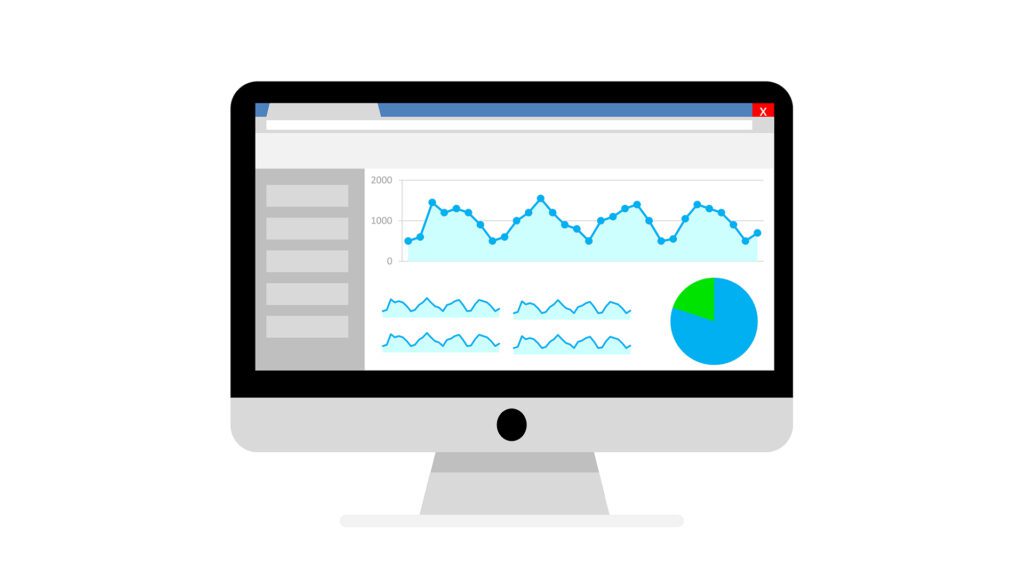

Conversions
What It Does
This campaign objective is a bit more complicated. Conversion campaigns encourage people to take a specific action. These actions occur on your business website and are tracked using the Facebook Pixel and event tracking. These events can include such things as adding items to a cart, downloading an app, registering for your site, or making a purchase.
This type of user tracking is quite complicated and typically handled by professional Facebook Advertisers. This campaign will show your ads to people who are most likely to take these actions.
Why You Should Use It
Once you’ve built an audience who knows and likes your brand, the final part is building trust. This can be done in the consideration stage or even up to these ads here. Properly building trust within the ad, on the sales page, or on the landing page of your website can help finalize your sale, registration, or contact point.
I would recommend using this only with a well-targeted audience as these ads are some of the most expensive to run.
Catalog Sales
This is a slightly more complicated version of the conversion objective. I may spend time in a separate article to focus on this objective and eCommerce.
Store Traffic
What It Does
This campaign type focuses on showing ads to people who are most likely to stop by a physical store when near them after seeing an ad. This is ideal for promoting your brick-and-mortar store to a nearby audience.
Why You Should Use It
The only purpose for running these types of campaigns is if your business has a physical location. Otherwise, feel free to skip. However, if you have a brick-and-mortar, this objective type may just be worth testing out.
I would recommend this for businesses with visually appealing physical products such as food and beverage, flower and gift shops, clothing and fashion, etc.
We’ve Only Just Begun
Hopefully, this article has helped clarify Campaign Objectives and gotten you a little further along with running proper Facebook Ads. Look forward to my future article where I will cover how to learn who your target market is and how to properly target them.
If you’d like to learn more about how to run Facebook Ads, to have someone to help you along the way, or simply manage them for you, contact me here.
If interested in learning how to use Facebook Ads, schedule a Training with me!

